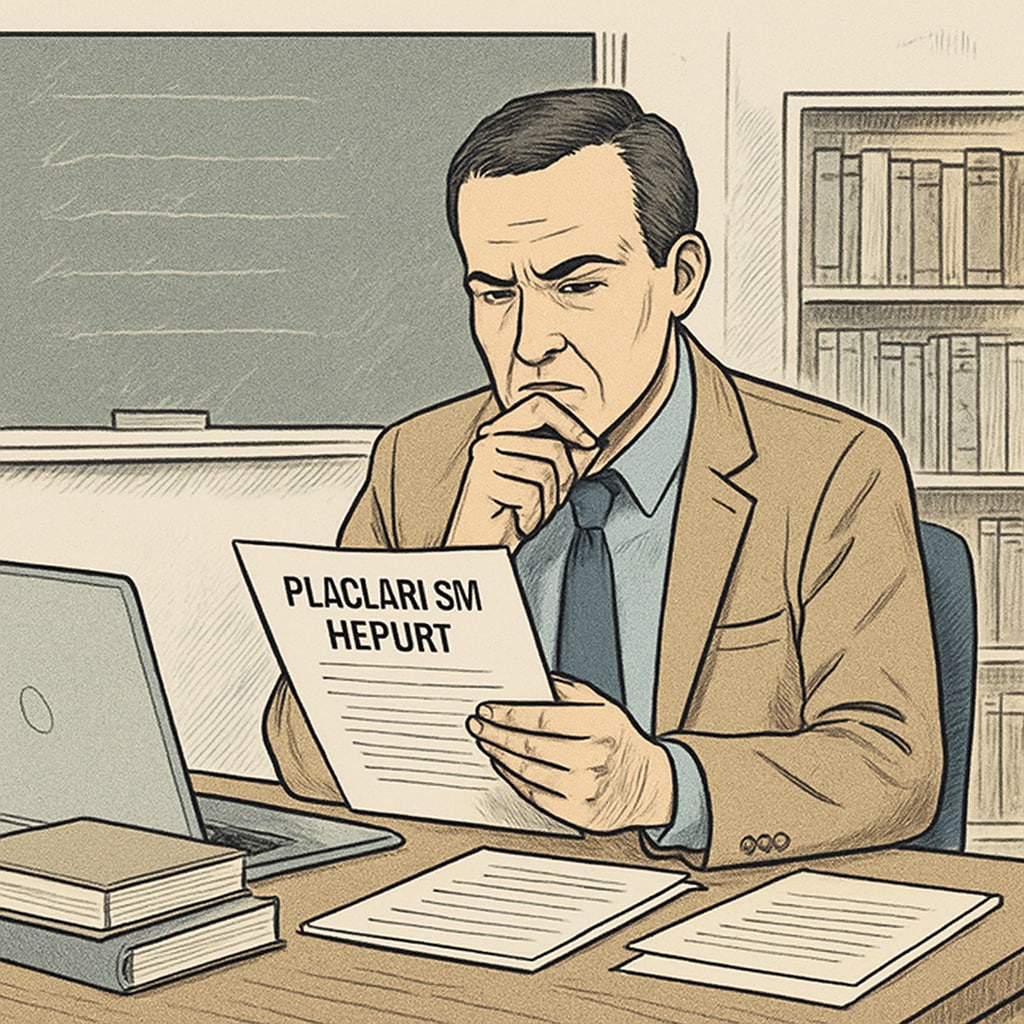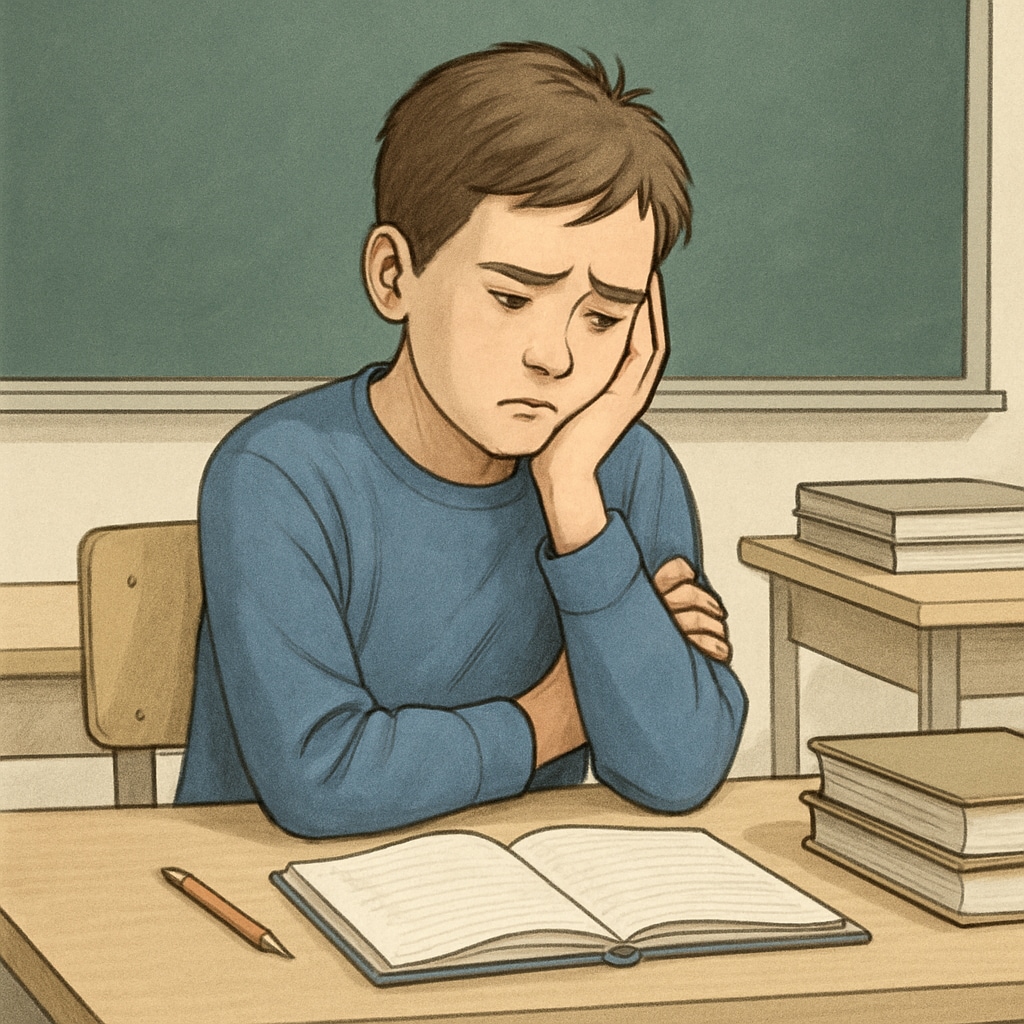In the K12 education system, cases where professors wrongly accuse students of plagiarism, or “plagiarism misjudgments,” can have lasting consequences on students’ academic journeys. These instances often result from a lack of clear evaluative criteria, misunderstanding of originality, or systemic biases. While academic integrity is essential, it is equally important to ensure that accusations are grounded in fairness and transparency. This article delves into the causes of such misjudgments, their impacts, and actionable solutions for creating a better-balanced educational environment.
Understanding Plagiarism Misjudgments
Plagiarism misjudgments occur when a professor or teacher erroneously identifies a student’s work as unoriginal. This issue can arise due to various factors, including reliance on automated plagiarism detection software, subjective interpretations of originality, or implicit biases against certain students. For example, tools like Turnitin, while useful, are not infallible. They may flag common phrases or widely used references as plagiarized content, leading to unfair accusations.
Moreover, subjective interpretations play a significant role. Teachers may misinterpret students’ creative inspirations or fail to recognize collaborative efforts among peers. Implicit biases can further exacerbate the problem, particularly when teachers unconsciously harbor stereotypes about a student’s abilities based on their background.

The Impact of Unfounded Accusations
When students are wrongly accused of plagiarism, the consequences can be severe, both academically and emotionally. These impacts include:
- Damage to Reputation: Students may face stigmatization from peers and educators, which can affect their confidence and future opportunities.
- Emotional Distress: Being falsely accused often leads to stress, anxiety, and frustration, which can hinder academic performance.
- Loss of Trust: Such experiences can lead students to lose faith in the educational system and their teachers.
In addition, the academic institution’s credibility may be questioned if such errors occur frequently, undermining its commitment to fairness and integrity.

Solutions for Fair Judgment and Academic Integrity
To prevent plagiarism misjudgments, schools and educators must adopt a multi-faceted approach that emphasizes both fairness and academic integrity. Below are some actionable solutions:
- Develop Clear Guidelines: Educators should establish explicit criteria for evaluating originality and ensure students understand them. This can reduce misunderstandings and set clear expectations.
- Utilize Reliable Tools: While plagiarism detection software is valuable, it should be used alongside human judgment. Teachers should review flagged content carefully before making accusations.
- Train Educators: Regular workshops on academic integrity, bias awareness, and critical evaluation can help teachers make informed decisions.
- Implement a Review Process: Schools should create a transparent appeals process where students can defend their work if accused of plagiarism.
- Encourage Collaboration: Educators can foster a positive learning environment by promoting collaboration and guiding students on proper citation practices.
For example, the University of Oxford has detailed guidelines on plagiarism and emphasizes the importance of context when evaluating suspected cases (Oxford University Guidelines). Adopting similar comprehensive frameworks in K12 education can help mitigate errors.
Striking the Balance Between Integrity and Fairness
Ultimately, academic integrity is about more than just avoiding plagiarism; it is about fostering an environment where creativity, honesty, and fairness coexist. Teachers have the critical responsibility of nurturing these values while avoiding actions that could unjustly harm students. By adopting transparent systems, reliable tools, and a commitment to fairness, educators can ensure a balanced educational experience.
In conclusion, plagiarism misjudgments not only harm students but can also undermine the trust and integrity of the educational institution. With thoughtful strategies, K12 schools can strike the right balance between maintaining academic integrity and ensuring fairness in their judgment processes.
Readability guidance: The article uses short paragraphs, actionable solutions in lists, and transitions to maintain clarity. The passive voice is minimized, and overuse of technical jargon is avoided to ensure accessibility for a broad audience.


